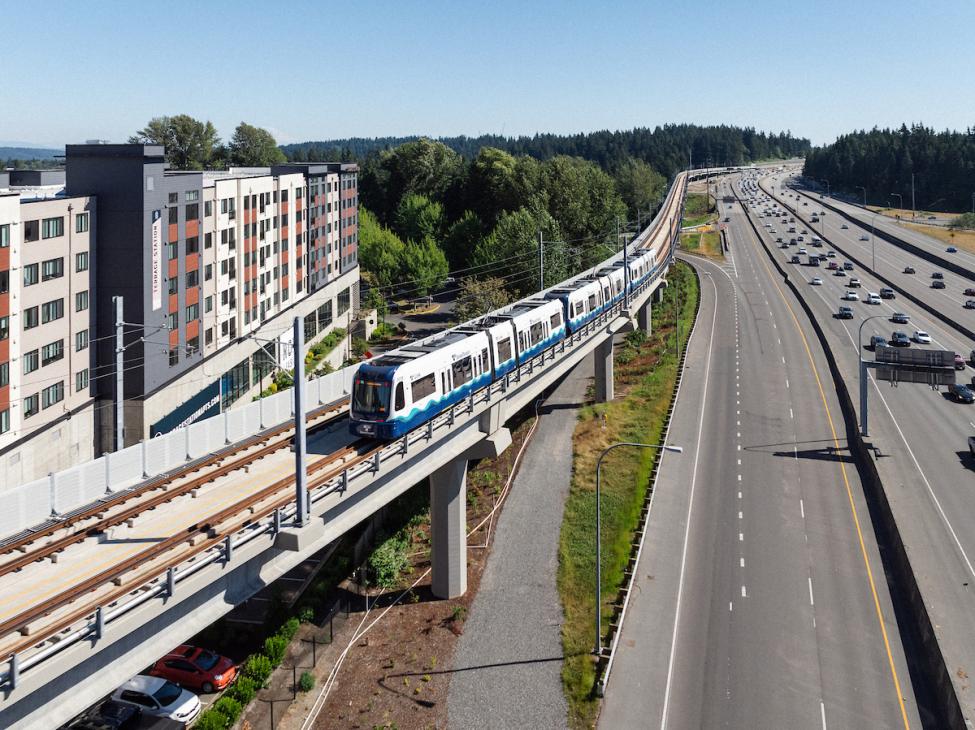As we open more line extensions and move forward with the work on our ST3 projects, Sound Transit is entering a new stage in its development as an agency. We’re undergoing a period of rapid growth, and as a result we’re stepping up our game to make sure that we are ready to handle the challenges that come with it.
It was just 15 years ago that Link first opened with just 14 miles. Up until last year, the system covered 26 miles. Now, Link is 41 miles long, and by 2026 will be 62 miles long. While the expansion has been exciting, it has also come with some growing pains.
Unfortunately, riders have felt some of that pain themselves. Nearly all the time, our trains provide fast, frequent, reliable service. Our trains are on-time roughly 90% of the time, and we provide nearly all scheduled trips every day.
But when disruptions occur, they can be severe. The most recent example was last week, when a train became disabled in the tunnel outside UW Station. Passengers had to be safely evacuated from the train, and for more than two and a half hours, riders were experiencing significant delays until the train could be moved.
We are still looking into the root cause of this problem. But as we grow, we know we have to evolve to face emerging challenges. We need to be even more proactive in getting in front of problems before they occur. That’s why we’re instituting changes in the way we do things, so that we can scale quality up to the size of the agency we’re becoming.
For example, we’re conducting a thorough analysis of the systems that comprise Link: power, traction and communication. We want to know the areas that can be improved so we can prevent or minimize future disruptions.
But the challenges that come from our growth aren’t confined to our current system. We are facing headwinds for the system that we’re planning to build. ST3 is even more ambitious than ST2. As the cost of construction, materials and real estate continues to rise, we’re making systemic changes to do as much as possible to keep our projects on track and affordable.
We’re building a team with national expertise, led by Deputy CEO for Megaproject Delivery Terri Mestas, to help oversee the nation’s largest transit expansion program. Terri and her team are bringing innovative new approaches to the agency, such as breaking up projects into smaller parts to allow for more competitive bidding.
For our riders, most of these innovations are behind the scenes. But they are part of a culture change taking place in the agency. We are reorienting our staff around improvement and quality. We are fostering a culture of accountability and empowerment. As we’re maturing as an agency, we’re taking active steps to elevate our performance.
We know that we can’t control everything that happens. There will still be unplanned disruptions, and construction costs will continue to climb. But what we can do is put in place the people, processes and a proactive culture to create a system that runs smoothly and safely, as we continue to deliver new projects. We’re building a 100-year system, and every new generation of transit rider will see the benefits of the changes that we’re making today.
